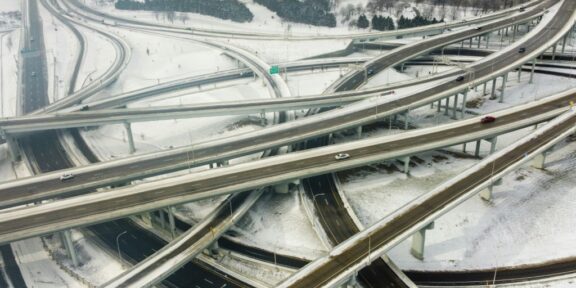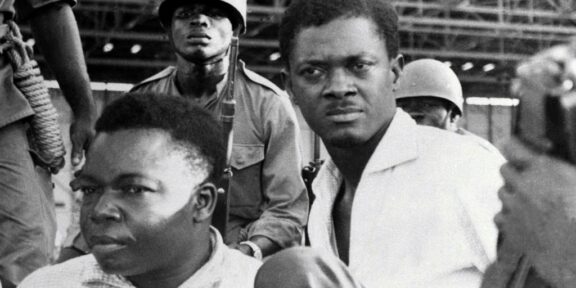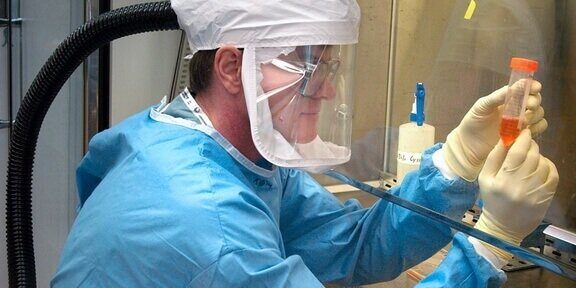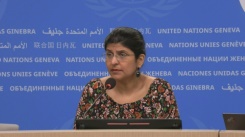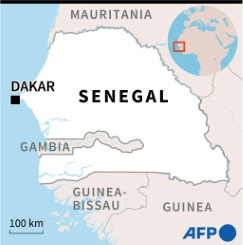Rampant insecurity and bureaucratic hassles are hindering efforts to rush aid to eastern Democratic Republic of Congo, the UN’s humanitarian agency said on Tuesday.
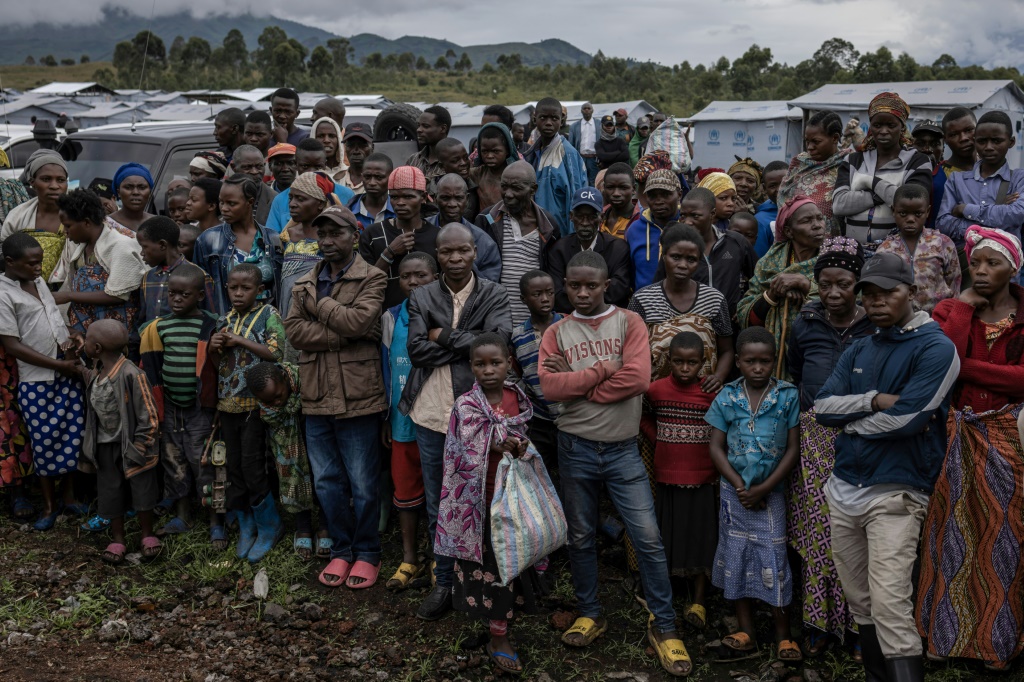
Decades of conflict have turned the region into one of the world’s gravest and most intractable humanitarian crises.
But in a report, the UN Office for the Coordination of Humanitarian Affairs (OCHA) said help was being delayed by insecurity, bureaucratic constraints and restrictions on movement such as roadblocks.
As of late February, 31 international NGOs, as well as numerous local ones, were still awaiting crucial documentation from the DRC government, OCHA said.
Violence against aid workers is another factor in slowing aid, according to OCHA.
In late February, the UN suspended humanitarian flights in North Kivu and neighbouring Ituri province after unidentified militants fired on one of its helicopters near Goma.
Some 5.8 million people have been displaced inside the DRC, according to UN figures.
Of these, around 800,000 have been displaced in the east of the country since M23 rebels took arms again in late 2021.
The Tutsi-led militia has captured swathes of North Kivu province and has been inching closer to its capital Goma, a trade hub of over one million people.
In response to the crisis, the European Union launched a so-called “humanitarian air bridge” to Goma, sending two planes packed with tents, mattresses and medical equipment to the city this month.
But Doctors without Borders (MSF) warned last week that many displaced people, particularly in remote areas, have yet to receive help.
Humanitarian efforts have been characterised by a “slowness difficult to explain” and a lack of coordination on the ground, the NGO said in a statement.
The DRC accuses its smaller neighbour Rwanda of backing the M23. Independent UN experts, the United States and several other Western nations have arrived at the same conclusion, although Rwanda denies the charge.

